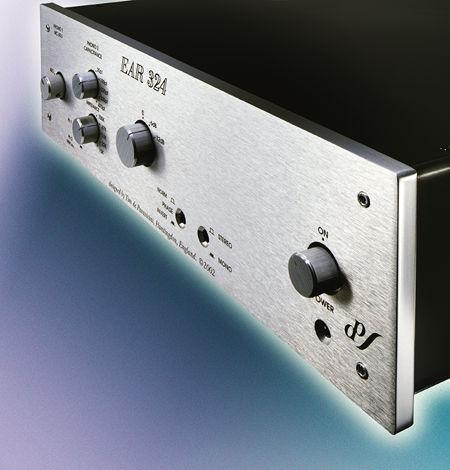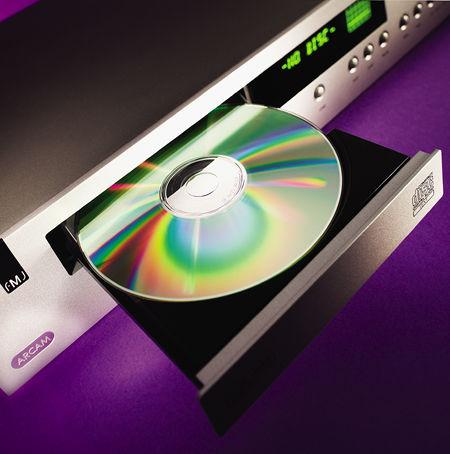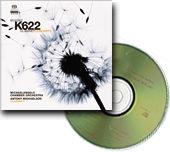| Columns Retired Columns & Blogs |
LATEST ADDITIONS
|
Jul 18, 2004 |
75 comments
Reader Gerald Neily is curious about the control issues our readers have. He would like to know if you use a remote with your audio system, and if so, how do you use it?
Does your system have remote control?
Yes, it's essential to me and doesn't affect the sound
49% (84 votes)
Yes, it's essential, even though the sound is degraded
1% (1 vote)
Yes, a possible sacrifice in sound quality is worth it
8% (14 votes)
Yes, it's nice, but I'd give it up for better sound
6% (11 votes)
Yes, other
13% (22 votes)
No, but I'm considering it
5% (8 votes)
No, I'm afraid it would affect the sound
5% (8 votes)
No, it's an unnecessary frill
9% (15 votes)
No, other
6% (10 votes)
Total votes: 173








